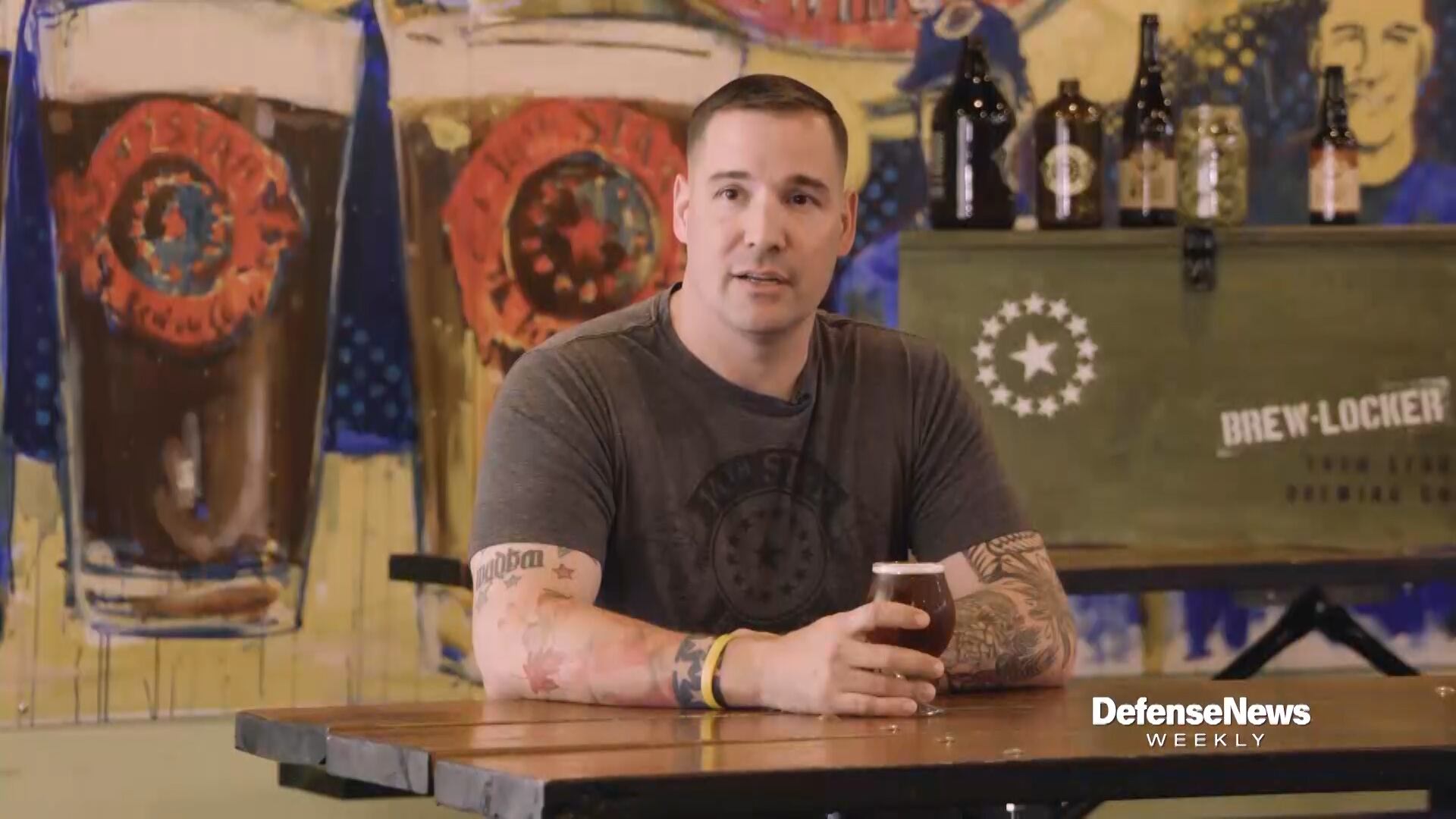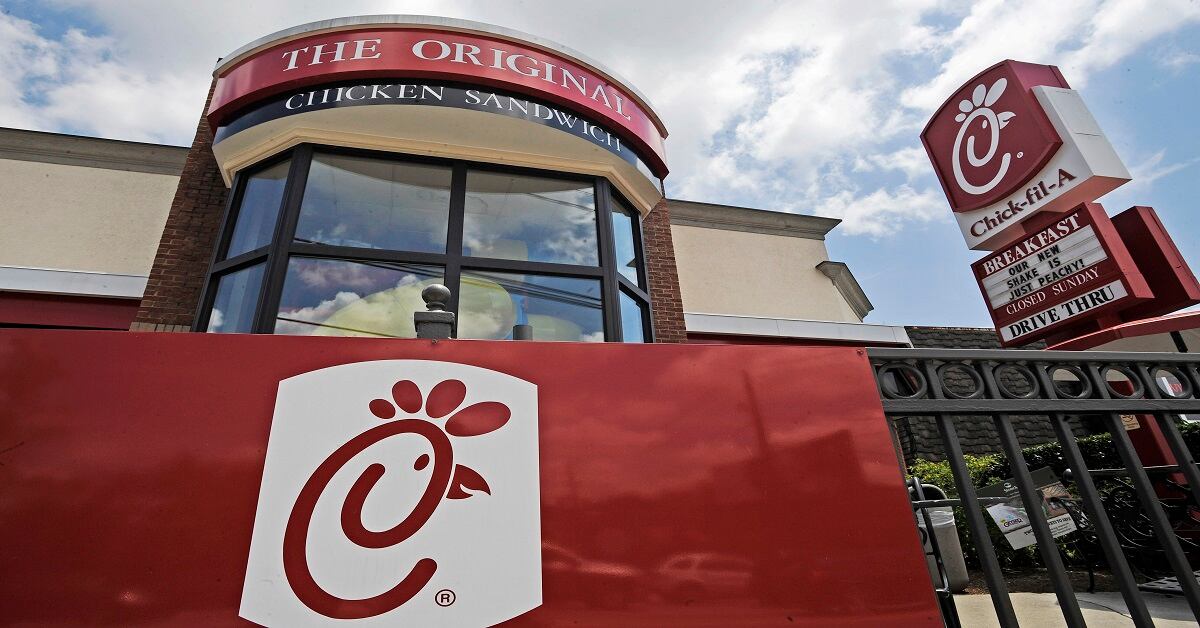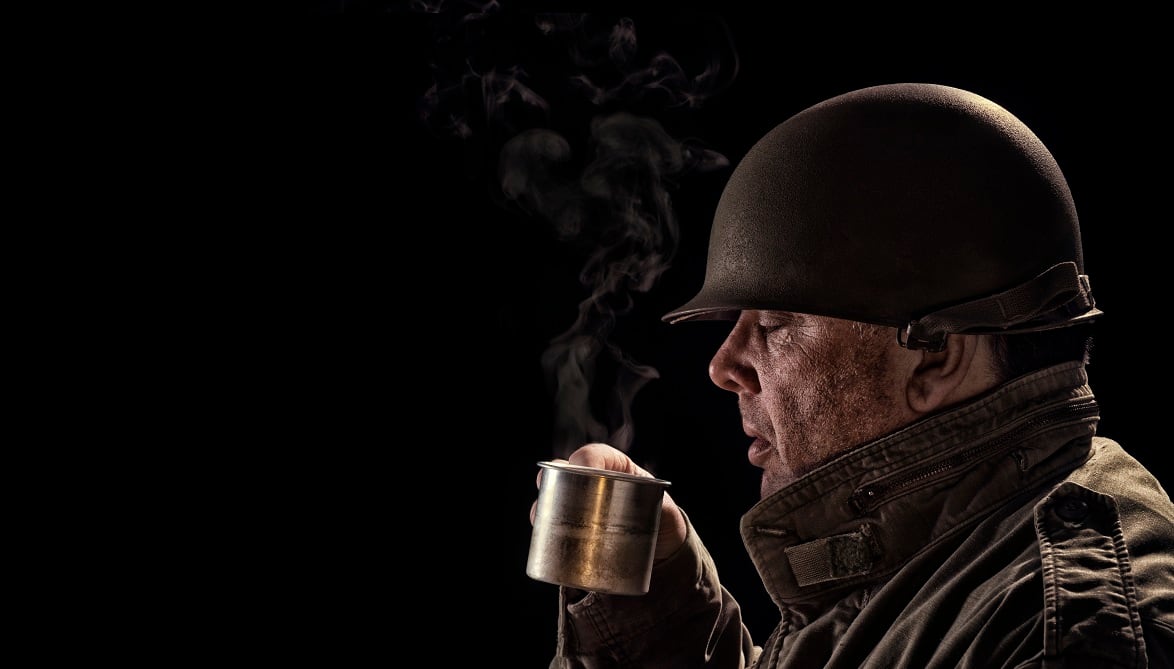The secret to the United States military won’t be found locked inside a room at the Pentagon nor encrypted on a secure network behind a firewall.
It’s found in mugs on messy workstations, in the hands of a sailor half-asleep just off of watch and brewed in chow halls all over the globe.
It’s coffee.
“If the Taliban or al-Qaida ever poisoned the coffee supply, the entire military would be combat ineffective in less than a day,” Richard Siemion, a former Army infantry officer and combat veteran, joked in an interview with Military Times.
While Siemion’s analysis is based off no actual research, his observation, as one who spent seven years in uniform, speaks to the importance of the liquid fuel as the life blood of every military branch.
Looking back through history, coffee’s importance to American and military culture becomes abundantly clear.
After the Boston Tea Party in 1773, Americans began drinking java more often because consuming tea, the drink of the enemy at the time, was considered un-American. The military, however, didn’t completely embrace its need for caffeine until the Civil War.
Coffee’s importance to morale was noted by Union cavalryman Ebenezer Nelson Gilpin, who wrote in a April 1865 diary entry that life without coffee was unbearable.
“Everything is chaos here,” he wrote. “We are reduced to quarter rations and no coffee… and nobody can soldier without coffee.”
Even eventual-President William McKinley was taught an important lesson while in making sure the Union fighting man was adequately caffeinated when, as a 19-year-old, McKinley delivered hot coffee to front-line soldiers.
RELATED

Also of historical note is that the Navy coined one of the more well-known nicknames for the beverage after President Woodrow Wilson’s Navy secretary, Josephus Daniels, banned alcohol onboard ships at the outbreak of World War I.
Coffee stepped in to fill the void left by the much-preferred booze, and though the origin is disputed, old salts say that sailors, who were not exactly pleased with having their spirits taken away, referred to the replacement as a “cup of Joseph” in honor of Josephus, which was then shortened to “cup of Joe.”
These many years later, recognizing a service member’s caffeine intake remains just as important.
The Army Medical Research and Material Command recently developed the 2B-Alert Personalized Alertness and Cognitive Performance mobile app so soldiers could individually calculate when and how much caffeine to consume for maximum effectiveness.
Which brand is consumed most, though, is the real question.
While the Department of Defense is unable to provide statistical data of coffee consumption by brand per service member, an independent Military Times investigation uncovered some answers, starting with information from the Defense Logistics Agency, or DLA.
The DLA is a "logistics combat support agency, providing worldwide logistics support in both peacetime and wartime to the military services as well as several civilian agencies and foreign countries,” the agency’s website states. In short, the DLA connects with the coffee vendors that wind up supplying military installations.
RELATED
With data obtained from the DLA, rankings were compiled showing which CONUS locations received the most coffee during fiscal year 2018. Rank is determined by the total pounds of coffee received, with number one being the greatest amount.
- Fort Polk, Louisiana
- U.S. Army Special Warfare Center, Fort Bragg, North Carolina
- Food Service Subsistence Activity, Fort Bragg, North Carolina
- Amphibious assault ship Kearsarge, Norfolk, Virginia
- Yakima Training Center, Yakima, Washington
- Guided-missile destroyer Ralph Johnson, Everett, Washington
- Aircraft carrier George H.W. Bush, Norfolk, Virginia
The top four coffee consuming regions for the U.S. military outside of CONUS during fiscal year 2018 are also listed below.
- Iraq, Kuwait and Jordan
- Afghanistan
- Southern Europe
- United Arab Emirates, Oman
It terms of what brands occupy the biggest corner of the military’s coffee distribution throughout CONUS, Maxwell House and S&D sit atop the rest. Overseas, Maxwell House distributes primarily to Iraq, Kuwait, Jordan, Southern Europe, United Arab Emirates, Oman, Djibouti and Kenya, while S&D remains the most popular in Afghanistan.
Coffee options in MREs, meanwhile, are limited.
According to Michael Tuttle, a representative of DLA, the coffee in MREs is “determined by the U.S. Army Natick Soldier Research, Development and Engineering Center when they develop the MRE and the contents. Traditionally, MREs have contained Folgers coffee packages, but that’s not due to service members requesting Folgers.”
Individual branches of the military have some determination in deciding what brands of coffee they distribute to their men and women in uniform. However, the selection options come from the DLA.
Ben Benson of the Naval Supply Systems Command discussed the typical coffee rotation for sailors.
“For galleys ashore and afloat, common brands served in our galleys include Sara Lee, Maxwell House, Starbucks, Joffrey and Georgia, a Japanese brand provided on the carrier Ronald Reagan," he said.
Navy Exchanges provide an array of brand options, including bagged coffee led primarily by Folgers, North Star, and Starbucks, K cup coffee led by Green Mountain, Starbucks, and Trilliant, and ready to drink coffee, with Starbucks, Monster Java and Dunkin' Donuts leading the way. Fifteen Navy ships also have coffee bars managed by Navy Exchange Service Command’s Ships Store Program.
The Air Force, meanwhile, “has four authorized coffee programs that support dining facilities,” said Angelina Cesarez, spokeswoman for the Air Force Installation and Mission Support Center and Air Force Services Activity. Those four include S&D, Sara Lee, Maxwell House and Nescafé.
RELATED

On the more commercially popular side, Starbucks and Dunkin’ Donuts remain formidable forces in the coffee culture of the military, and both companies have locations on military installations throughout the world.
“Starbucks shows up in four distinct ways on bases, installations and Navy ships," said Jonathon Cruz, a spokesman for Starbucks.“ The first is through our fully branded Starbucks Retail Licensed Stores across the globe in approximately 100 locations. These are identical to the stores that Starbucks owns and operates in the public domain. The second is though our 'We Proudly Serve’ program. Thirdly, we show up in commissaries, where we offer our retail coffee down the aisle. Lastly, while there are no licensed stores on aircraft carriers, through our partnership with NEXCOM, we do serve espresso and blended beverages on all 10 carriers. In addition, select military mess halls, ships and submarine galleys brew Starbucks coffee.”
Service members have access to 34 Dunkin' Donuts locations on military installations in the U.S., as well as 10 more located on international bases, said Julia Block, a spokeswoman for Dunkin’ Donuts.
Unfortunately, the Army, Marine Corps and Coast Guard did not respond to an inquiry about preferred brands of coffee.
So, while that remains unknown, one thing is certain: that morning cup of dark roast is starting to smell a whole lot like freedom.
Neil is a former US Army Captain and served operational deployments in South Korea and Afghanistan. He is currently an Editorial Fellow at the Military Times.





